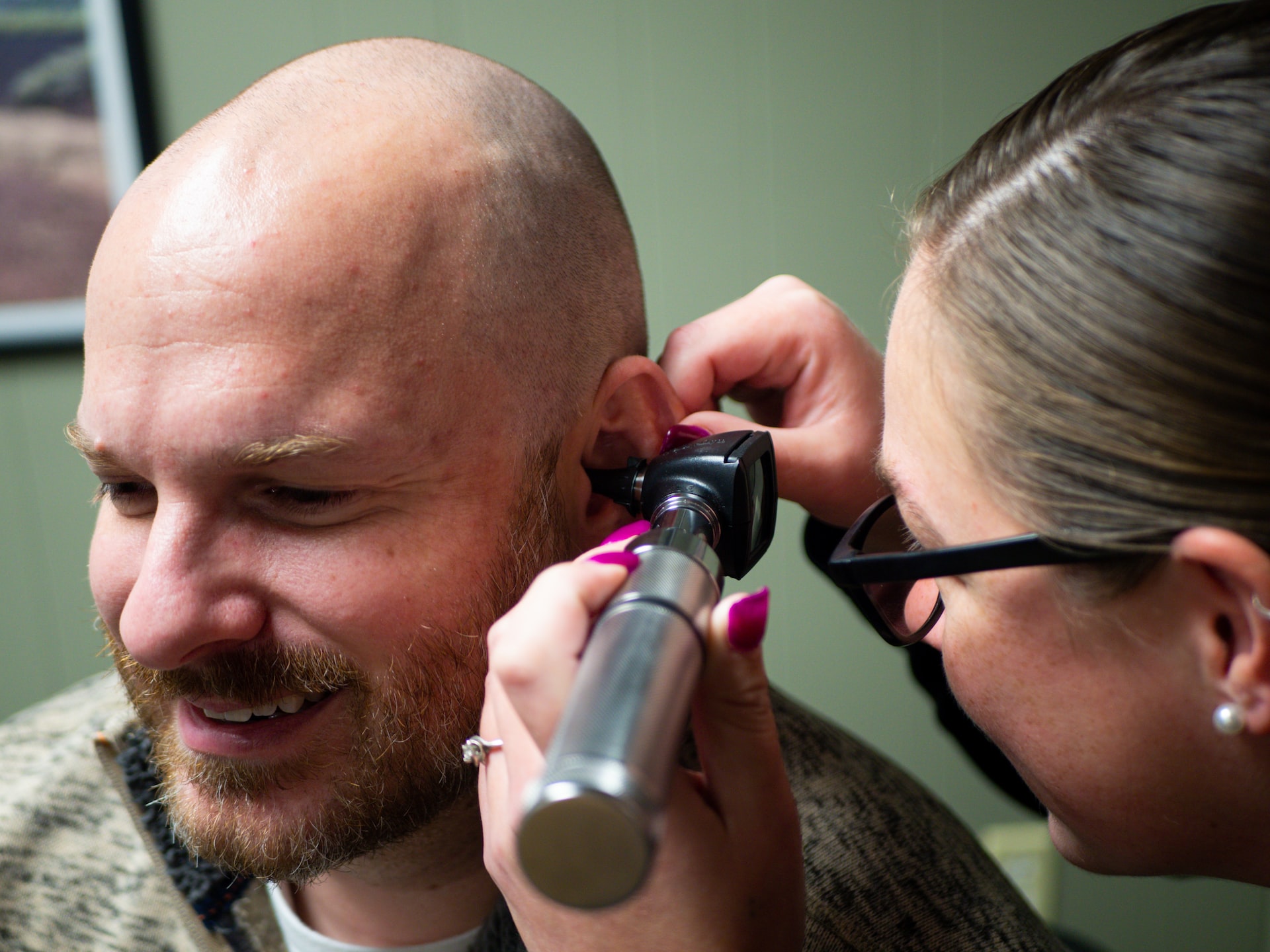Hearing Test: Everything You Need to Know
A hearing test is important to maintaining overall health and well-being. Hearing tests can detect any underlying conditions that could lead to hearing loss or other medical issues, allowing you to take action early and prevent further damage. Below is an overview of what a hearing test entails, why it’s important, and how to prepare for the test.
What is a Hearing Test?
A hearing test checks the ability of a person’s ears to pick up sound. It involves using special equipment to test your hearing in one or both ears and then analyze and interpret the results. During a hearing test, a person will likely be asked to wear headphones and listen for sounds at different pitches and volumes. The test will also measure how strong the sound needs to be for a person to hear it.
When a person visits an audiologist for a hearing test, they will likely perform several tests. These could include air conduction testing, bone conduction testing and speech testing.
Why is a Hearing Test Important?
Hearing tests are important because they can detect underlying issues that may not be obvious to the person affected. They include ear infections, fluid in the middle ear, and conditions such as tinnitus (ringing in the ears). A hearing test can also diagnose any existing hearing loss and help determine the cause of it.
By detecting these problems early, a person will get treatment sooner and prevent further damage. Prevention could include lifestyle changes, medical treatment, or hearing aids to improve the person’s hearing.
How Can a Person Prepare for a Hearing Test?
The first step is to make an appointment with an audiologist. Make sure to have all the necessary details, such as the date and time of the appointment and any additional tests.
When it comes to the test, wear comfortable clothing and bring a list of any medications or supplements you’re taking. This will help the audiologist get a better understanding of the overall situation. It’s also important to let the audiologist know if a person has any conditions that could affect the test results, such as fluid in the ears or a cold.
Finally, make sure to relax and stay focused during the test. This will help ensure accurate results and allow better diagnosis and treatment options.
What Should a Person Avoid Before a Hearing Test?
Before a hearing test, avoiding activities that could interfere with the results is important. This includes listening to loud music or using headphones, as well as other activities that could strain a person’s ears, such as swimming underwater.
Also, avoid certain medications and supplements before a test, such as decongestants or drugs for allergies. These can temporarily reduce hearing and may impact the accuracy of the results.
How Long Does a Hearing Test Take?
Generally, a hearing test takes around 45 minutes to an hour. This includes time for the audiologist to explain the test, ask questions about a person’s medical history, and perform any necessary tests. Depending on the hearing test results, additional tests may be needed, which could extend the appointment’s length.
A hearing test is an important diagnostic tool to detect any issues affecting a person’s hearing. Understanding the process and taking the necessary steps to prepare will make it easy to ensure accurate and reliable results. With the right knowledge and preparation, a hearing test can help improve a person’s overall hearing health.

